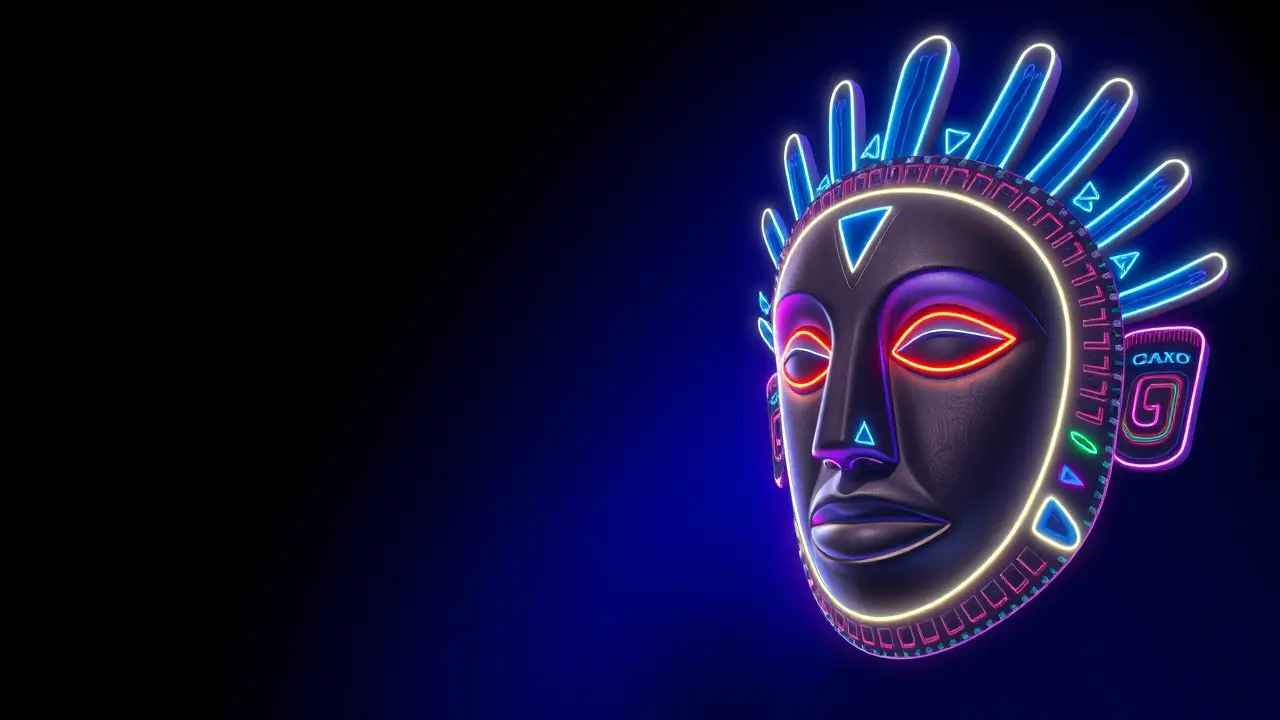
Entertainmenttheatre & artsArt Exhibitions
Western Restitution Misconceptions and MOWAA's Mission
AN
Anna Wright
3 hours ago7 min read3 comments
The conversation surrounding restitution has too often been flattened into a simplistic ledger of objects, a transactional debate over who rightfully possesses a bronze head or a wooden mask. This narrow framing, a persistent misconception in Western cultural circles, fundamentally misses the profound systemic void that the removal of these artifacts created.True restitution is not merely the physical return of plundered treasures; it is an act of cultural and intellectual restoration, a deliberate process of rebuilding the entire ecosystem—the scholarly institutions, the artistic opportunities, the educational infrastructure—that allows a civilization to engage with its own heritage on its own terms. The mission of institutions like the Museum of West African Art (MOWAA) is pivotal in this regard, moving beyond the symbolic victory of returned items to the substantive work of empowerment.Their existence challenges the very premise of a passive recipient nation; instead, they are active agents building a future where West African artists are not defined by a colonial past but are empowered by their rich legacy to shape a vibrant contemporary scene. This is about decolonizing knowledge itself, creating spaces where local scholars can conduct research without needing to travel to European museums, where communities can see their history presented through their own epistemological lens rather than through the exoticizing gaze of the colonizer.The West's frequent focus on the legal and moral quandary of ownership conveniently sidesteps this deeper, more demanding responsibility. It is a quieter, less headline-grabbing form of justice, one that involves investing in curatorial training, funding conservation laboratories using local methods and materials, and establishing archives accessible to the people whose culture they document.When a sculpture is returned to a context devoid of the infrastructure to preserve, study, and contextualize it, the act remains incomplete, a gesture that risks perpetuating a different kind of dependency. The work of MOWAA and similar entities is therefore a radical assertion of agency.It declares that the future of West African art will be built by West Africans, in dialogue with the world, but on their own foundational terms. This shift from restitution as an end-point to restitution as a starting point for cultural renaissance is the critical nuance that much of the Western discourse, often mired in guilt or defensive posturing, has yet to fully grasp. It transforms the narrative from one of loss and recovery to one of reclamation and futurity, ensuring that the returned objects are not mere relics of a fractured past but living, breathing participants in a dynamic and self-determined cultural present.
#Restitution
#West African Art
#Cultural Heritage
#MOWAA
#featured
Stay Informed. Act Smarter.
Get weekly highlights, major headlines, and expert insights — then put your knowledge to work in our live prediction markets.
© 2025 Outpoll Service LTD. All rights reserved.